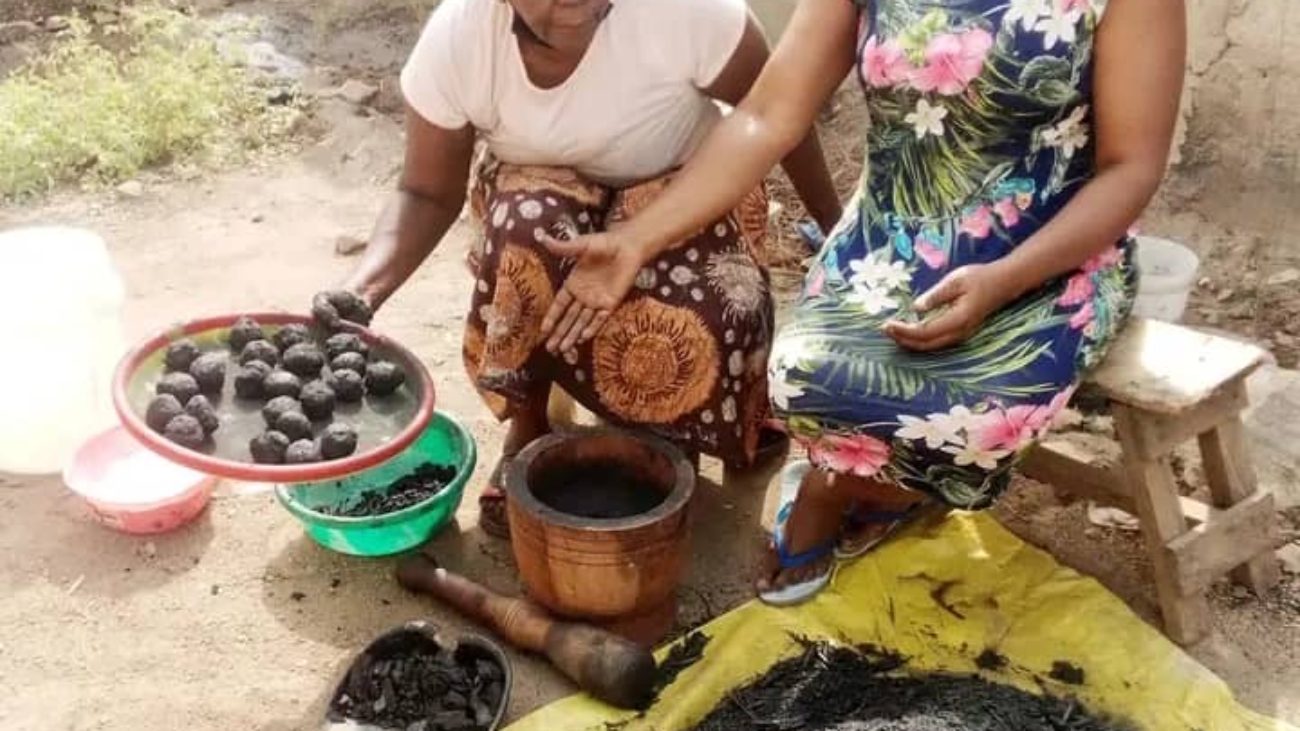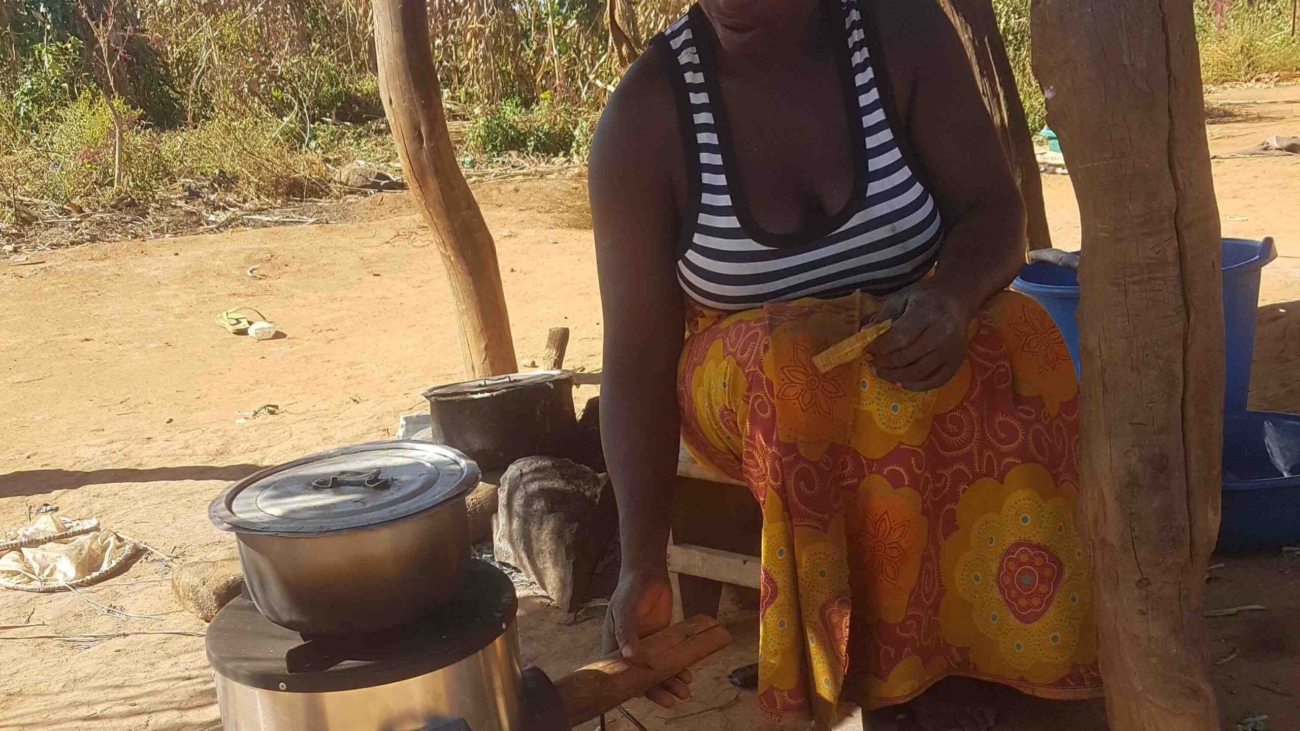Africa stands at a pivotal juncture in the global carbon market. With its vast natural resources and growing interest in climate finance, the continent has the potential to become a significant player in carbon credit systems. However, realizing this potential requires a concerted effort to build integrity, transparency, and equity into these systems.
The Importance of Integrity in Carbon Markets
Integrity in carbon markets ensures that carbon credits represent real, measurable, and additional emission reductions. Without robust integrity measures, carbon markets risk becoming tools for greenwashing, where entities claim environmental benefits without making actual emission reductions. This not only undermines the credibility of carbon markets but also hampers genuine climate action.
Challenges to Integrity in Africa’s Carbon Credit Systems
1. Weak Regulatory Frameworks
Many African countries lack comprehensive legal and regulatory frameworks governing carbon markets. This absence creates uncertainties for investors and project developers, leading to potential exploitation and mismanagement. For instance, the lack of clear guidelines can result in projects that do not deliver promised environmental benefits or fail to involve local communities adequately.Power For All
2. Transparency and Accountability Issues
Transparency is crucial for building trust in carbon markets. However, there have been instances where the flow of funds from carbon credits is opaque, and the actual benefits to local communities are unclear. Such situations erode confidence among stakeholders and can deter future investments.
3. Risk of Carbon Colonialism
The term “carbon colonialism” refers to scenarios where external entities exploit African resources for carbon credits without equitable benefits to local populations. This dynamic can lead to land grabs, displacement of communities, and other social injustices, further complicating the ethical landscape of carbon markets in Africa.
Strategies for Building Integrity
1. Developing Robust Legal Frameworks
Establishing clear, transparent, and enforceable legal structures is fundamental. These frameworks should define the rights and responsibilities of all stakeholders, set standards for project implementation, and establish mechanisms for monitoring and enforcement.
2. Ensuring Transparency and Stakeholder Engagement
Implementing transparent processes for project approval, fund distribution, and benefit-sharing is essential. Engaging local communities in decision-making processes ensures that projects align with local needs and priorities, fostering greater acceptance and sustainability.
3. Strengthening Institutional Capacities
Building the capacities of national institutions to manage, monitor, and regulate carbon markets is critical. This includes training personnel, developing technical expertise, and establishing robust data management systems to track emissions reductions accurately.
4. Promoting Regional Collaboration
African countries can benefit from sharing best practices, harmonizing standards, and collaborating on cross-border projects. Regional initiatives can help pool resources, reduce transaction costs, and enhance the overall effectiveness of carbon markets on the continent.
The Role of International Support
International organizations and partners have a role to play in supporting Africa’s efforts to build integrity in carbon credit systems. This support can come in the form of technical assistance, capacity-building programs, and financial investments aimed at developing robust and equitable carbon markets.
Conclusion
Africa’s potential in the carbon market is immense, but unlocking this potential requires a steadfast commitment to integrity. By addressing regulatory gaps, enhancing transparency, and ensuring equitable participation, Africa can build carbon credit systems that not only contribute to global emission reductions but also drive sustainable development across the continent.
![[GetPaidStock.com]-67e69432cc976](https://prime-fieldconsult.co.uk/wp-content/uploads/2018/05/GetPaidStock.com-67e69432cc976-1300x731.jpg)


![[GetPaidStock.com]-68336c91499c9](https://prime-fieldconsult.co.uk/wp-content/uploads/2024/08/GetPaidStock.com-68336c91499c9-1300x731.jpg)
![[GetPaidStock.com]-67e6e7102f0f4](https://prime-fieldconsult.co.uk/wp-content/uploads/2025/03/GetPaidStock.com-67e6e7102f0f4-e1743186606264-1300x731.jpg)
![[Downloader.la]-67d71f9215de3](https://prime-fieldconsult.co.uk/wp-content/uploads/2025/03/Downloader.la-67d71f9215de3-1300x731.jpg)